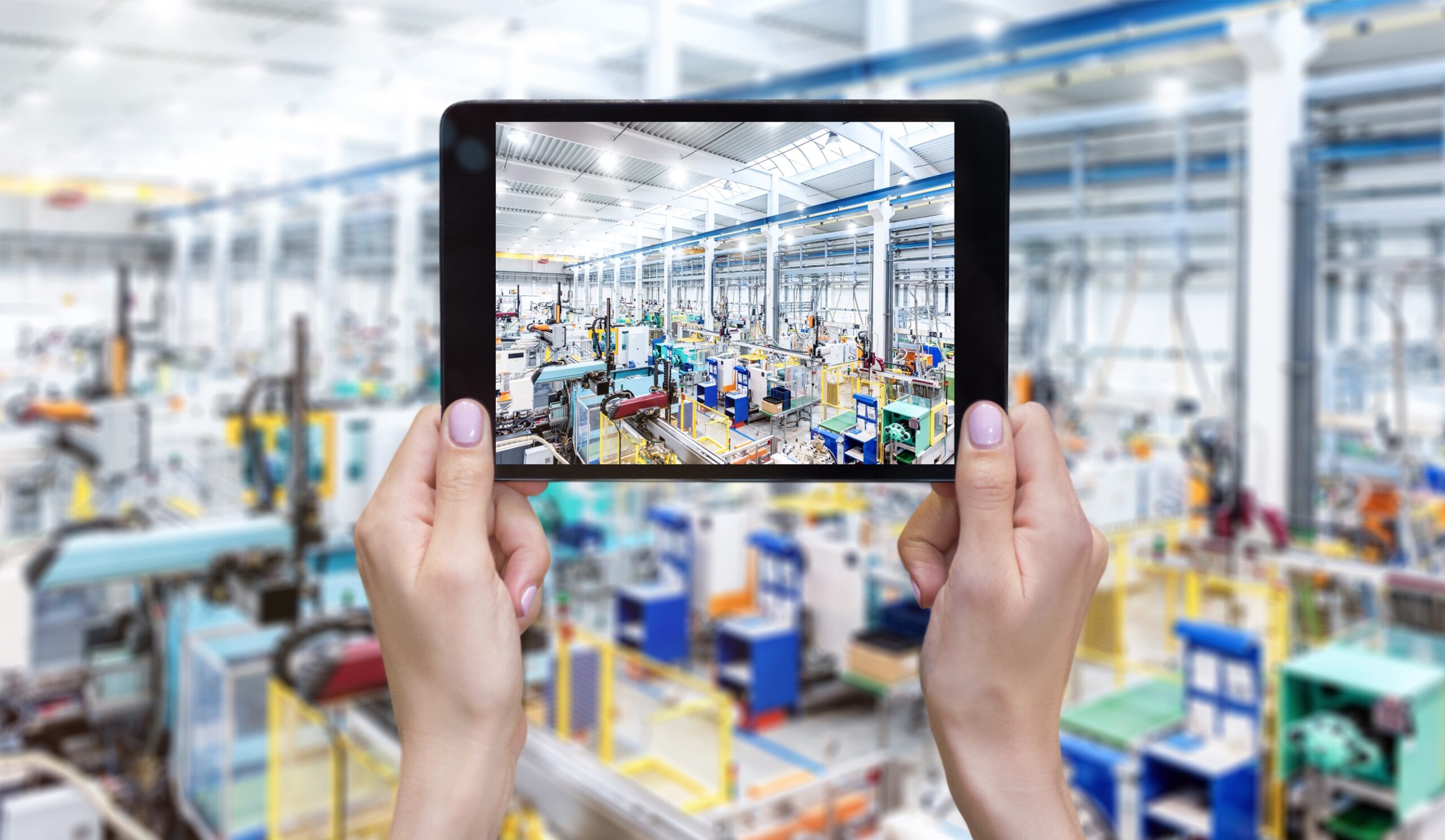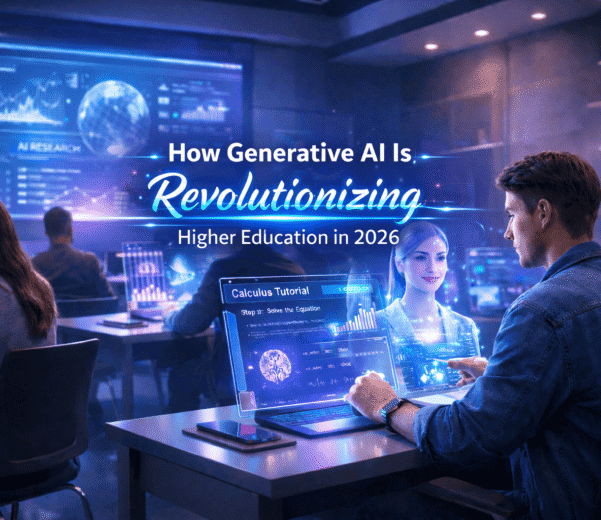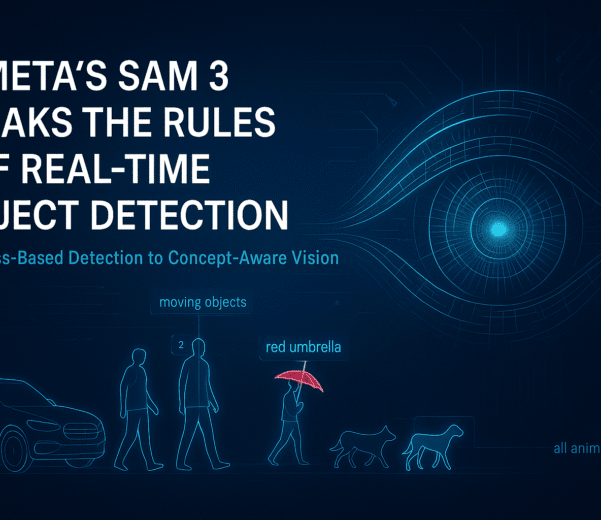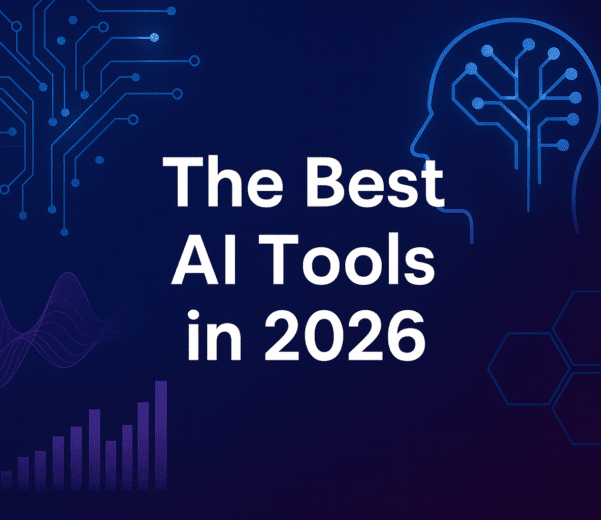Artificial intelligence is transforming the retail business (AI). Artificial intelligence In retail industry, may take numerous forms, from the use of computer vision to change advertising in real time to the use of machine learning to manage inventories and stock. Artificial intelligence in retail is built on Intel® technology, from the storefront to the cloud. Customers want shops to react quickly and efficiently to their needs, and businesses must do both to be competitive. Data can get you there but making sense of the sheer volume of information takes a significant amount of expertise.
In retail, digital transformation involves more than just linking things. It’s all about turning raw data into actionable insights that improve company performance. These insights can only be generated via the use of AI in retail, including machine learning and deep learning. When it comes to retailers, this means that they can provide exceptional customer experiences, chances for revenue growth, quick innovation, and smart operations that help them stand out from their competition. AI is already being used by many shops in some capacity. Predictive analytics and artificial intelligence may be employed in CRM software to mechanize marketing processes, for example, along with in CRM software itself. The cloud makes it possible to store and analyze AI tasks that need large amounts of data from a variety of diverse sources [1]. A few examples of cloud retail workloads include demand forecasting and product recommendation.
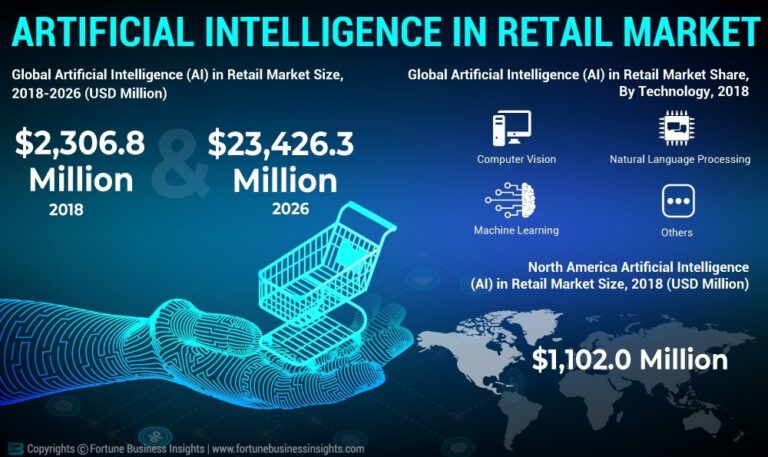
Automated, data-driven, and machine learning (ML)-powered shopping experiences are becoming more common in the retail industry. Digital and brick-and-mortar retailers alike can benefit from incorporating AI into their operations. Customer behavior on a website, past purchases, and other pertinent data are all considered when AI-driven chatbots or virtual personal assistants provide tailored recommendations or dynamic pricing to online customers [2]. In-store consumer interactions on mobile devices and sensor data are just two examples of the many ways artificial intelligence is being used in retail. For example, retail shop managers may train an algorithm using sales data and other pertinent information to improve store layouts. For example, a person’s propensity to purchase two things together if they’re presented next to each other may be predicted by this method. Retailers that can develop their retail channels as physical and digital buying channels merge will be the industry leaders.
How Artificial Intelligence (AI) is essential in the retail industry
While these new technologies may give business information and sheer speed, the digital revolution in retail is only separating successful companies from those that fail. Artificial intelligence in retail may be credited with innumerable advantages, but here are the five most important ones that merchants can rely on.
Awe-inspiring Customer Service
Traditional retailers need to customize and relevantly engage consumers across all touchpoints to compete with creative rivals that provide immersive shopping experiences.
Create Thrilling Moments
Retailers must distinguish their items and provide customers with appealing services and experiences to keep customers coming back for more. Retailers may take the initiative in driving innovation rather than just reacting to it by using predictive analytics.
Uncover Hidden Patterns in a Wide Range of Data
Customers are bombarded with data from every angle, and retailers must go through it all to develop consumer-first strategies that make use of the wealth of data available to them.
Offline and online retail should be coordinated.
Treating online and brick-and-mortar retail channels as separate business units creates unnecessary friction for consumers who want a seamless experience and reduces operational efficiency.
Make Your Logistics Networks More Flexible
Rethinking conventional supply chains in favor of adaptable and flexible ecosystems that can swiftly adjust to evolving consumer behaviors is essential for retailers to serve a broader variety of client needs. Implementing AI systems in retail may sound daunting at first, but it isn’t. Hitachi Solutions, as a technology solutions partner, will assist and guide you through the whole process, from planning to implementation and beyond. Learn more about Hitachi’s retail solutions by contacting a representative [3].
The Future of AI in Retail
The future of retail rests with AI. Retailers and consumers alike will increasingly rely on AI to do product research, price items, and manage inventories. AI is already being used by retailers to improve customer service. Amazon’s no-checkout technology has already been introduced in certain locations, enabling consumers to buy without having to input their credit card information. There will be setbacks, as Walmart’s partnership with Bossa Nova illustrates. When it comes to improving the retail experience for customers as well as the store itself, smart shelf sensor systems, cashier-less checkouts, and improved planograms are only a matter of time until they become commonplace.
References
- Oosthuizen, K., Botha, E., Robertson, J., & Montecchi, M. (2020). Artificial intelligence in retail: The AI-enabled value chain. Australasian Marketing Journal, j-ausmj.
- Moore, S., Bulmer, S., & Elms, J. (2022). The social significance of AI in retail on customer experience and shopping practices. Journal of Retailing and Consumer Services, 64, 102755.
- Cao, L. (2021). Artificial intelligence in retail: applications and value creation logics. International Journal of Retail & Distribution Management.



